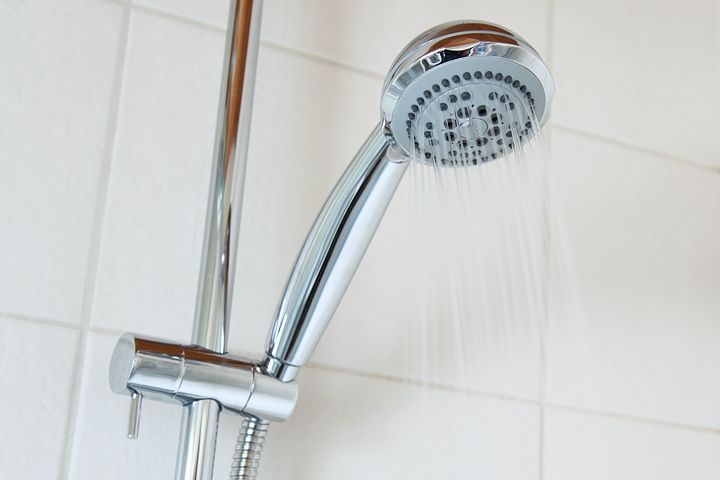Hot water cylinders are great investments when homeowners access their goods through a reliable brand.
From natural gas and electric to solar models, there is enough variety and competition in the market to meet the needs of individuals from all persuasions.
However, there are examples when customers are sold short, experiencing problems and setbacks that causes more stress than the cylinder is worth.
These are instances where the business has let their community down.
Customers Regularly Sent To Online Troubleshooting Help
One of the great frustrations with customers who invest in hot water cylinders is being sent by the business to a website or app to try and fix the issue at their end. Of course this is an initial step that can save the user and the business for time and money, but eventually the problem can reach a point where a specialist has to be consulted and appointed. Customer service is convenient when there is an online portal to use, but it can quickly become a cost effective measure that is the default option to delay and frustrate constituents.
Faulty Thermostat Readings
Whilst solar models have come a long way with their complimentary inverter products that are compatible with smart devices, older hot water cylinders from electric and gas providers have to rely on thermostat readings. This is the only real indication of performance and notifying the homeowner about any potential threats or fault within the system. Should the readings be consistently inaccurate to illustrate a higher or lower reading, that is an indication that the technology offered by the brand is below industry standard. Some simple steps like resetting the thermostat should be investigated before any major decisions are made, but inconsistent readings will become a problem that has to be addressed.
Low Lifespan
As an industry rule, hot water cylinders should last on average anywhere between 8 to 12 years before they need to be replaced or upgraded. Tankless models will enjoy a longer lifespan but the average model should not begin to experience faults or malfunctions for close to a decade. If the item happens to suffer with performance issues or dies outright before that 8-year mark, that is an illustration that the homeowner has been sold short. The only true means of protection in this instance is a comprehensive warranty, but even this element can be up for debate.
 Short Warranties
Short Warranties
Given the knowledge for an expected lifespan for hot water cylinders, the warranty agreement should reflect that level of expectation and protect the consumer’s investment. Tankless models can last upwards of two decades if it maintains its integrity, yet the standard policy for most products will see a period of 5-10 years issued. Shorter warranties that fail to live up to this minimum expectation is doing the homeowner a major disservice, opening up the potential for their item to be replaced and paid for in full to double the costs and add to their stress and anxiety levels.
No Future Proofing Option
An investment in a natural gas or electrical product might be suitable for a household in 2019 given the right circumstances, but the rate of innovation with hot water cylinders ensures that solar energy production is the way forward. This is where the inclusion of a future proofing option is beneficial for the consumer, having a framework in place by the team of installers when that event approaches in the coming 5 to 10 years. If the provider fails to produce on that count, they are selling their constituents short and showcasing one of two facts – they don’t care about the need to future proof properties or don’t have the expertise to carry it out. Either fact is unsettling.
Summary
By and large most local outlets who provide hot water cylinders don’t suffer from these shortcomings. Given the ability for consumers to rate and rank their peers online, word will quickly spread for brands that fail at their core duty. Yet it is always worthwhile to be mindful for businesses that place profit and convenience above their responsibility to their constituents.


